Editor's note:
The 2025 high school graduation exam marks an important milestone in the implementation of the 2018 general education program. The Ministry of Education and Training has three goals for this exam: to evaluate learners' learning outcomes according to the goals and standards of the new program; to use exam results to consider recognizing high school graduation and to serve as one of the bases for evaluating the quality of teaching and learning of general education institutions and the direction of education management agencies; to provide reliable data for universities and vocational education institutions to use in enrollment in the spirit of autonomy.
On that basis, the Ministry has made strong and drastic innovations in both the exams and university admission regulations to aim for real learning and real testing, reduce exam pressure, promote the teaching and learning process according to the abilities and interests of each individual, while ensuring fairness and transparency.
However, as these ambitious policies were put into practice, a series of challenges arose.
From English exams with difficulty exceeding the standard, the exam matrix of subjects lacking uniformity, the difference in scores between groups, to complicated equivalent score conversion regulations or the single admission principle that easily puts lower-ranked universities at a disadvantage in terms of recruitment sources... All of these unintentionally create "privileges" for a group of candidates and widen the gap with candidates in rural and remote areas.
With the series of articles "High school graduation exam and university entrance exam 2025: The maze of innovation and concerns about fairness", we not only look back at the problems that have occurred but also dig deep to find the core causes, thereby proposing solutions and making practical recommendations so that the high school graduation exam and university entrance exam in 2026 and the following years will truly be a fair and transparent competition for each learner and each training institution, while at the same time positively impacting innovation in teaching and learning at the high school level.
Hoang Manh Hung (born 2008, Hanoi ) is facing a "matrix" of 9 elective subjects for the 2026 high school graduation exam. Should he continue to focus on math, physics, and chemistry from grade 10 or switch to math, physics, and English to not lose the opportunity to enter his dream university?
That question is not only Hung's but also the concern of millions of students and parents nationwide when the high school graduation exam plan changed from 6 compulsory subjects to 2 compulsory subjects - 2 optional subjects, but the optional subjects are not equal in terms of university admission opportunities.
In the recent 2025 high school graduation exam, Nguyen Mai Anh - Hung's cousin - chose math, literature, history, and geography for the 2+2 formula.
On the night of June 4, Mai Anh experienced moments of crisis and confusion when the University of Social Sciences and Humanities (Vietnam National University, Hanoi) announced that it would stop recruiting group C00 in 17 majors, including the Journalism major she planned to apply for.
Choosing to take the C00 exam block because of clear goals and early career orientation, but Mai Anh almost failed her first choice even though she had not yet taken the graduation exam. Luckily, the Ministry of Education and Training later asked schools to adjust the admission combination to ensure the rights of candidates.
From her experience, Mai Anh advised Hung to choose English instead of the traditional A00 block combination. The female student believes that combinations with “math + English” are still preferred in admissions.
“However, if next year's English test is still as difficult as this year, I'm not sure if my advice is correct,” Mai Anh pondered.
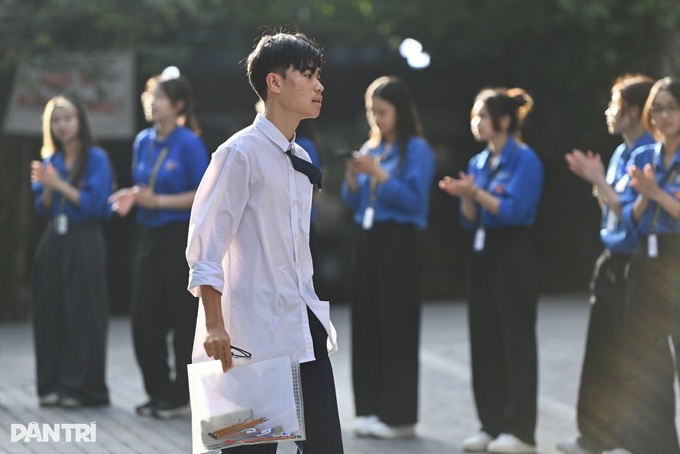
Candidates taking the 2025 high school graduation exam (Photo: Hai Long).
Does the 2+2 plan really reduce pressure and increase balance?
On December 24, 2024, the Ministry of Education and Training (MOET) issued the Regulations on High School Graduation Exams, applicable from 2025. The most notable new point is that candidates only have to take 4 subjects, including compulsory math, literature and 2 elective subjects out of 9 subjects studied in grade 12: foreign language, physics, chemistry, biology, history, geography, economic and legal education, information technology and technology.
Compared to previous years, the total number of subjects increased by 2 but the number of subjects per candidate decreased by 2 and the number of exam sessions decreased by 1.
In fact, since the end of 2023, this 2+2 option has been announced by the Ministry. In other words, candidates for the 2025 high school graduation exam have had 1.5 years to prepare.
When explaining the reason for innovating the high school graduation exam in the direction of 2 compulsory - 2 optional, Mr. Nguyen Ngoc Ha - Deputy Director of the Department of Quality Management (Ministry of Education and Training) gave 3 main ideas: One is to reduce exam pressure for students; two is to reduce costs for students' families and society; three is to limit the imbalance between choosing social sciences and natural sciences.
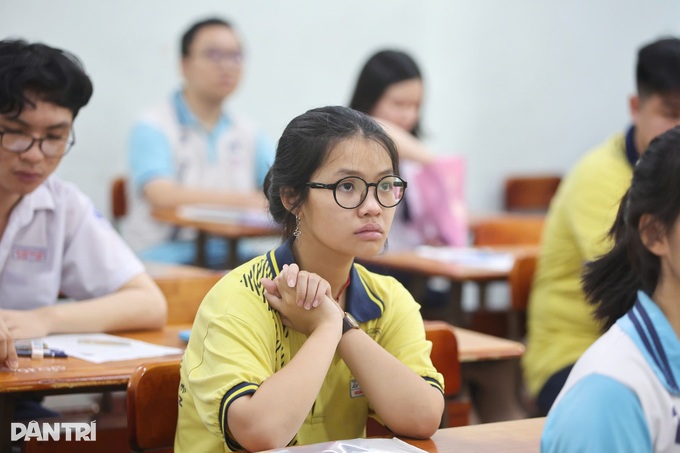
Compared to previous years, the total number of subjects in the 2025 high school graduation exam increased by 2, but the number of subjects per candidate decreased by 2 and the number of exam sessions decreased by 1 (Photo: Trinh Nguyen).
The 2024 high school graduation exam - the final exam 100% of which will be based on the 2006 general education program, has nearly 1.1 million candidates registered nationwide. Of which, the number of candidates choosing the social science exam (history, geography, civics) is up to 63%, the highest in 6 years since 2018 and an increase of 7.7% compared to 2023.
The 2025 high school graduation exam - the first exam under the 2018 reform program - has attracted the attention of the whole society. An exam with many innovations, from the program, subjects, number of subjects to the structure and matrix of exam questions, multiple choice forms...
Although the burden of studying and social costs is clearly reduced when candidates only have to take 4 exams, and the graduation score has 1/2 of the proportion of the transcript score, will the 2+2 plan help balance the proportion of candidates choosing social sciences and natural sciences as the Ministry's goal? The answer was in April, 2 months before the official exam began.
According to data released by the Ministry of Education and Training, the country has 1.13 million candidates taking the 2025 high school graduation exam. The number of candidates registering for the three subjects of physics, chemistry, and biology is 349,365, 241,750, and 70,483, respectively. The number of candidates registering for the three subjects of history, geography, economic education, and law is 484,084, 479,585, and 247,248, respectively.
Calculating the total number of candidates choosing 3 natural subjects compared to the total number of candidates choosing 3 social subjects, the result is 661,598 compared to 1,210,917. A difference that has not changed compared to the old exam method.
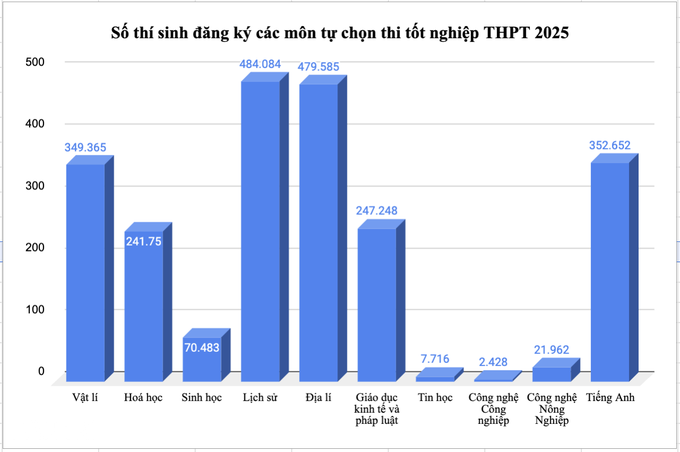
(Chart: Hoang Hong).
If the new subjects of information technology and technology are grouped into the natural group and English is moved into the social group, the difference will be even greater. Because the number of candidates registering for the new subjects is only about 30,000, while the number of candidates registering for English is up to more than 350,000.
According to the university entrance exam subject groups, the total number of candidates for the three natural science groups A00 (math, physics, chemistry), A01 (math, physics, English) and B00 (math, chemistry, biology) is 354,124 students. The total number of candidates for the two social science groups C00 (literature, history, geography) and D01 (math, literature, English) is 648,032 students, 1.83 times higher.
The 2+2 option in the first year of implementation has not changed the orientation of candidates' subject selection, nor has it helped technical majors increase their recruitment sources compared to the previous compulsory option 6.
But what is more concerning is that candidates do not anticipate that elective subjects will significantly determine their chances of entering university.
9 options, 36 ways to choose, block C00 is at a "dead end"
Option 2+2 gives 36 ways to choose subjects for the high school graduation exam. But behind that freedom of choice, the opportunity to enter university is not equally distributed for all combinations.
The first inequality came to the group choosing “history + geography” when only 20 days before the exam, many large universities, including the School of Social Sciences and Humanities, announced to stop recruiting group C00. The reasons given by the schools were that they needed to prioritize math and English in admission to “match reality”, “ensure fairness in conversion”, “aim for international standards in training”...
If the Ministry had not "blown the whistle" and forced schools to add back the C00 block, candidates who had chosen history + geography would have been pushed to a "dead end" in the race for top social science schools, losing the opportunity to enter their dream university even before taking the exam.
However, there is no guarantee that the above schools will retain the C00 block next year. This is an SOS signal for candidates born in 2008. Candidates for the 2026 high school graduation exam are forced to change their subject selection strategy. Choosing history and geography at the same time will become risky and narrow the opportunity to enter university.

Candidates for the 2026 high school graduation exam are forced to change their subject selection strategy if they want to have a better chance of getting into university (Photo: Hai Long).
The next inequality lies in the new subjects. In theory, IT and technology subjects have the same value as physics, chemistry, biology, history, geography, economic education and law in the graduation and university entrance exams. But the reality of admission shows that new subjects do not mean new opportunities.
Top universities do not recruit subject combinations with technology, even purely technical schools like Hanoi University of Science and Technology or University of Natural Sciences (Vietnam National University, Hanoi).
National Economics University, Diplomatic Academy, Foreign Trade University reject both technology and information technology.
The schools in the "upper group" that consider technology and information technology combinations can be counted on the fingers.
Candidates who choose to take these two subjects can only find opportunities at mid-ranked schools or lower.
Although there has been no official statement or comment from the training institutions, there seems to be an implicit distinction that new subjects such as technology and information technology only serve the purpose of graduation. Candidates aiming to enter university will not choose to take this elective subject.
Finally, the inequality occurs in the different levels of difficulty of each exam. Candidates who choose “chemistry + English” to avoid physics could not have expected that this year the English exam would be unusually difficult while the physics exam was relatively easy.

Although there has been no official statement or comment from training institutions, there seems to be an implicit distinction that new subjects such as technology and information technology only serve the goal of graduation (Photo: Trinh Nguyen).
Next year, if candidates choose the opposite, will they fall into a “trap” in the context of the lack of uniformity in the difficulty level of the subjects. Typically, in the last exam, the geography subject had nearly 7,000 10 points while the technology - industrial orientation subject had only 4 10 points nationwide.
The uneven difficulty of the exam subjects leads to a difference in scores between admission groups and poor differentiation in some groups, such as C00. But more importantly, it leads to discrimination at training institutions, when candidates taking the C00 exam are not respected and are excluded from the race for top social science schools.
And so, 2+2 becomes a brain-scratching test for candidates right from grade 10. Only 2 subjects can be chosen out of 9 elective subjects, which subject should be chosen to gain an advantage in admission? Should we continue to choose history + geography? Should we bet on English or should we invest money and effort in IELTS certificate?
That is a question that not everyone can answer, even teachers. Unless the Ministry of Education and Training and universities make adjustments, announce more transparently and earlier about the admission regulations, including announcing the admission combination early.
Source: https://dantri.com.vn/giao-duc/ky-thi-tot-nghiep-dau-tien-theo-chuong-trinh-moi-cai-bay-cua-22-20250803105637208.htm


![[Photo] Da Nang: Hundreds of people join hands to clean up a vital tourist route after storm No. 13](https://vphoto.vietnam.vn/thumb/1200x675/vietnam/resource/IMAGE/2025/11/07/1762491638903_image-3-1353-jpg.webp)





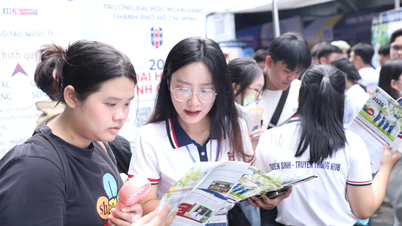

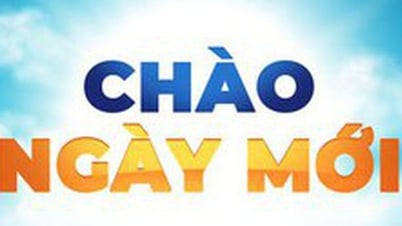

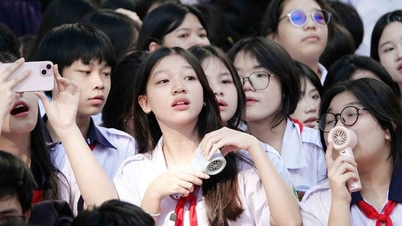

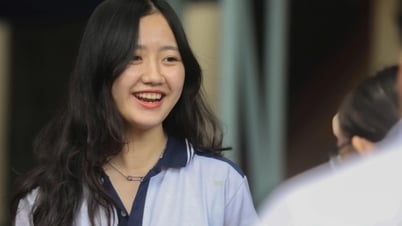
















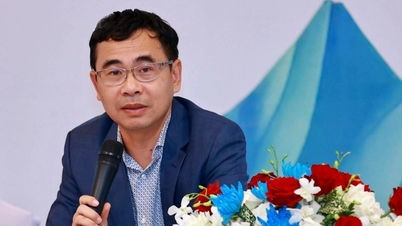
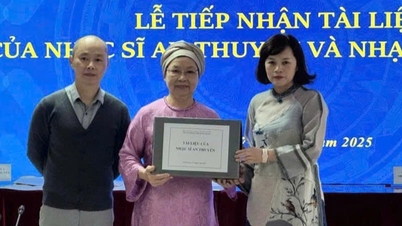





















































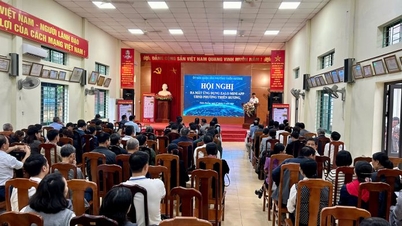

















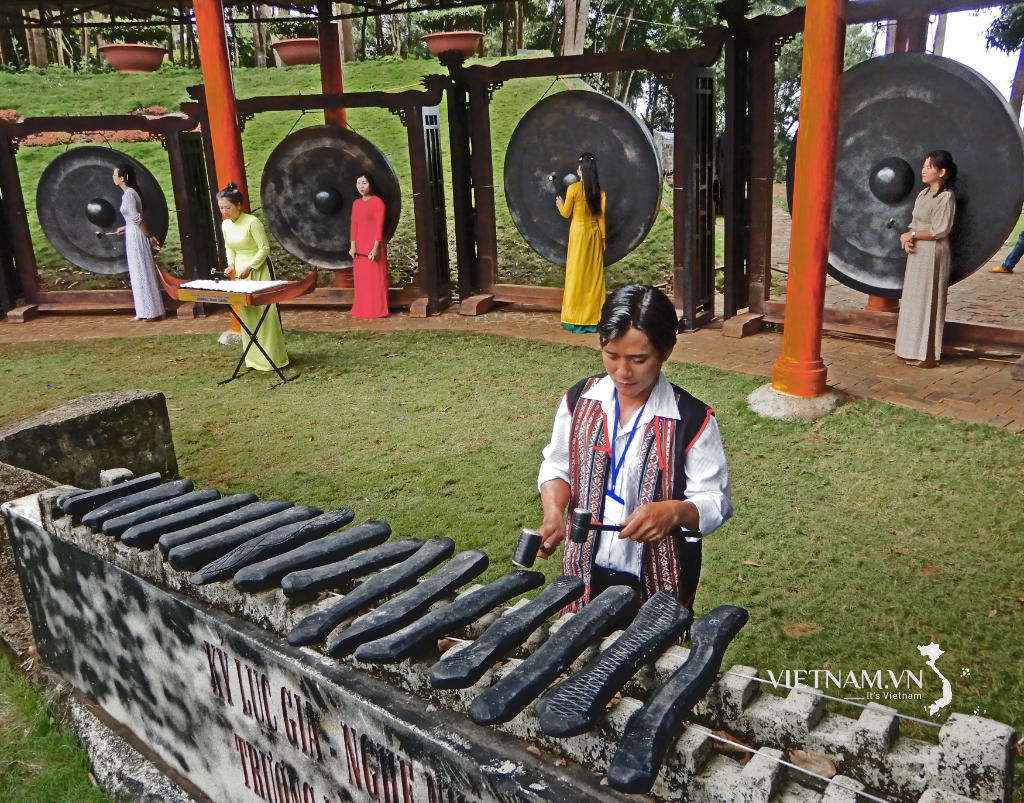



Comment (0)